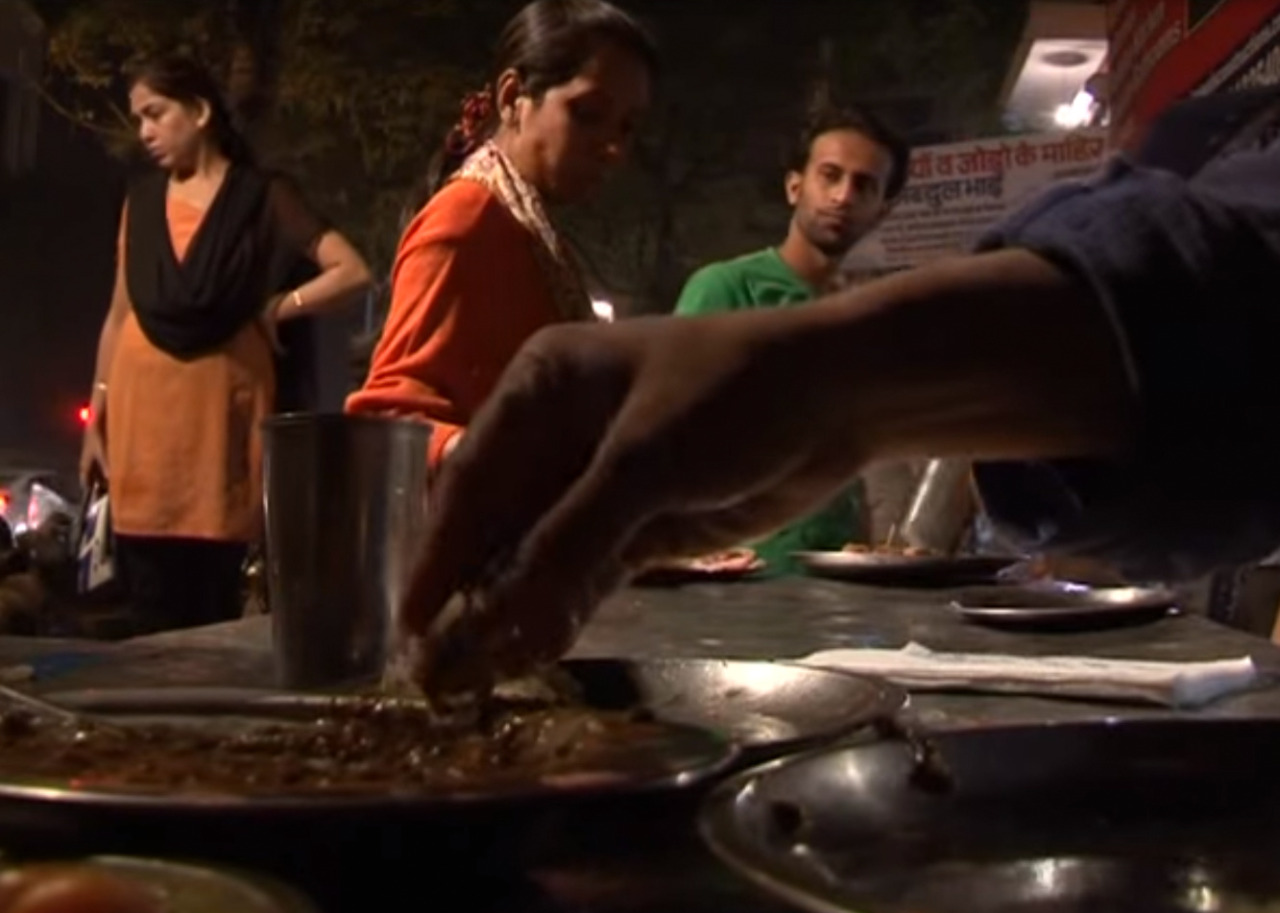dhrupad: Mera Apna Sheher (My Own City), directed by Sameera Jain, deals with the idea of Delhi as a highly gendered urban landscape, “where the gaze, the voice and the body are at all times under surveillance”; it sets out to find, through the

dhrupad: Mera Apna Sheher (My Own City), directed by Sameera Jain, deals with the idea of Delhi as a highly gendered urban landscape, “where the gaze, the voice and the body are at all times under surveillance”; it sets out to find, through the
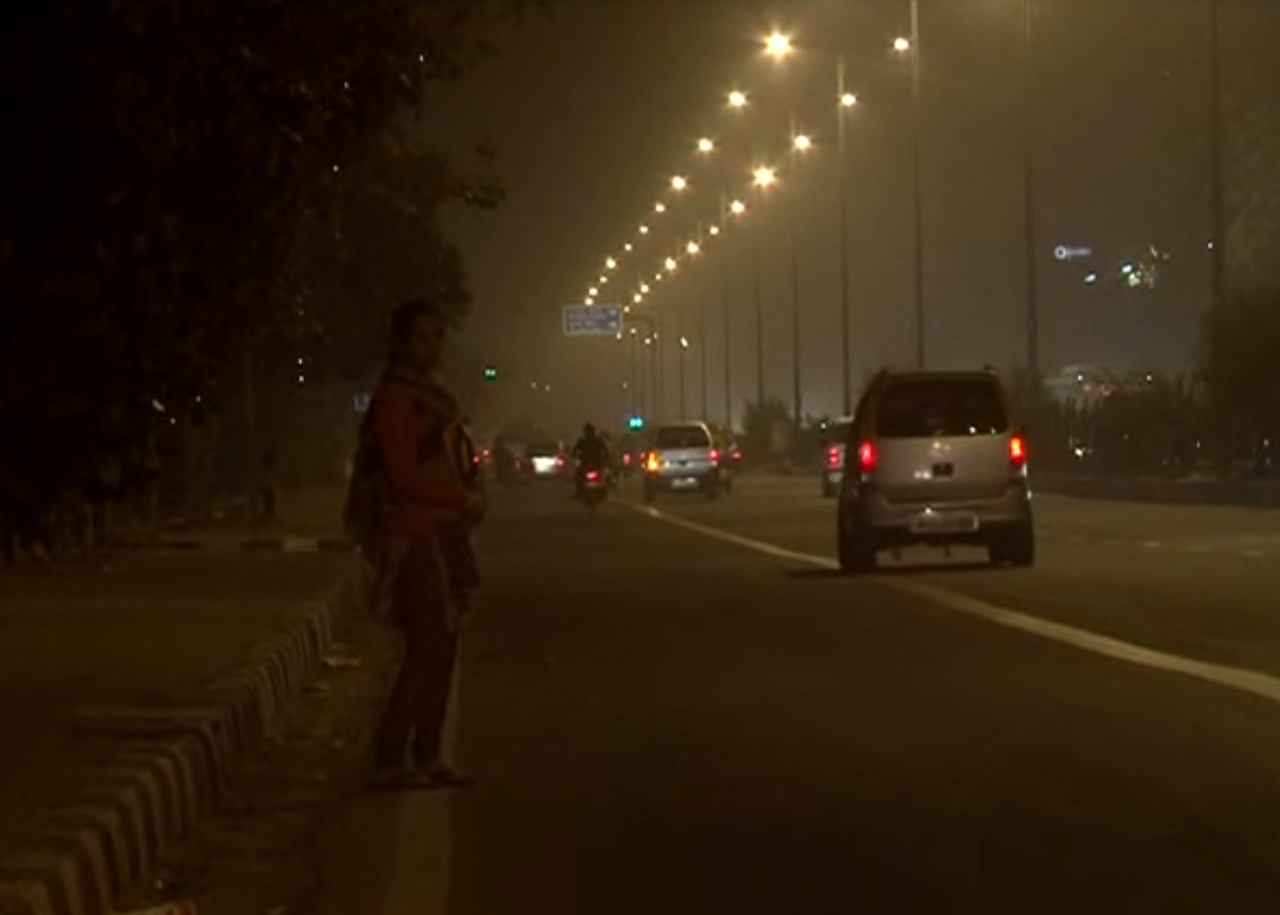
dhrupad: Mera Apna Sheher (My Own City), directed by Sameera Jain, deals with the idea of Delhi as a highly gendered urban landscape, “where the gaze, the voice and the body are at all times under surveillance”; it sets out to find, through the
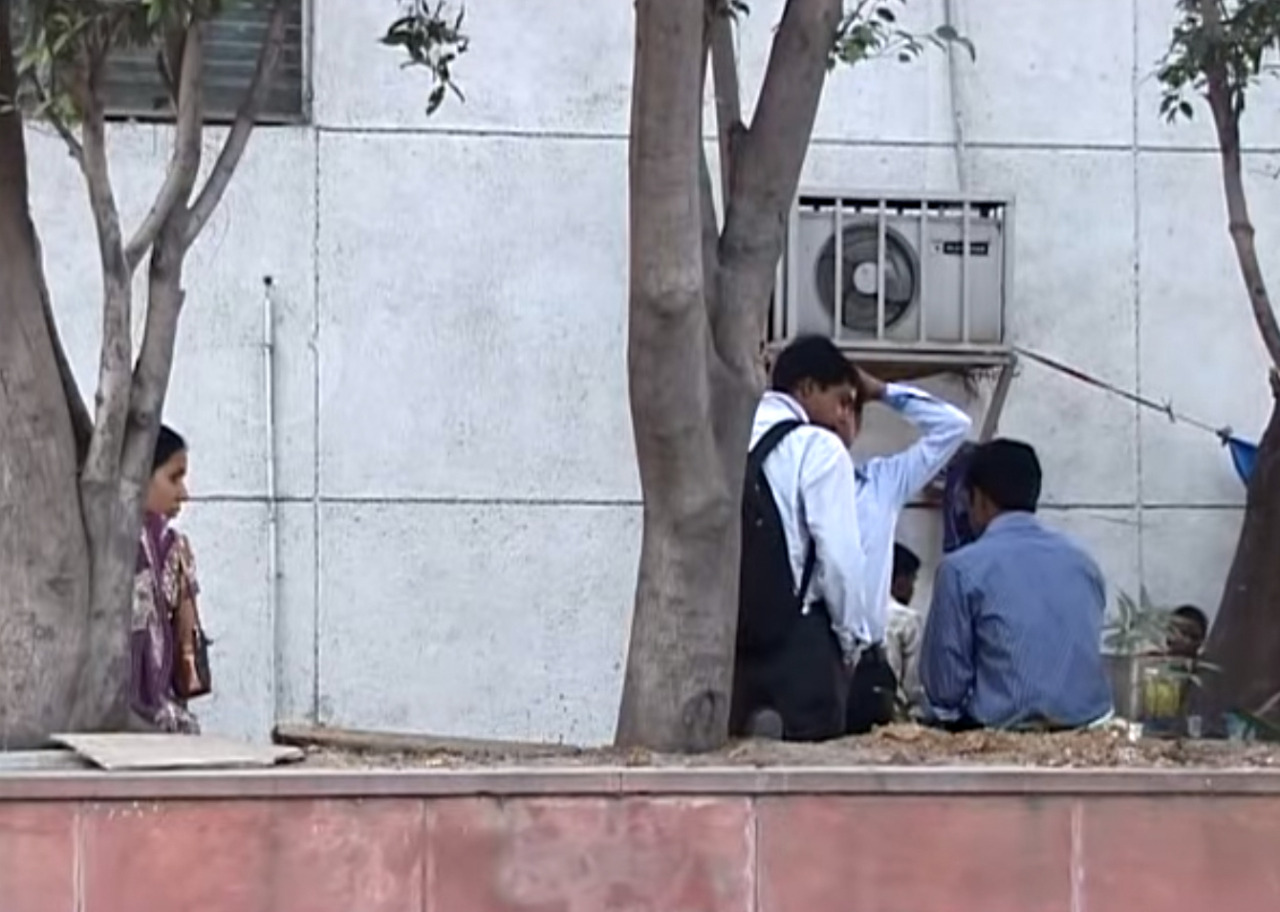
dhrupad: Mera Apna Sheher (My Own City), directed by Sameera Jain, deals with the idea of Delhi as a highly gendered urban landscape, “where the gaze, the voice and the body are at all times under surveillance”; it sets out to find, through the
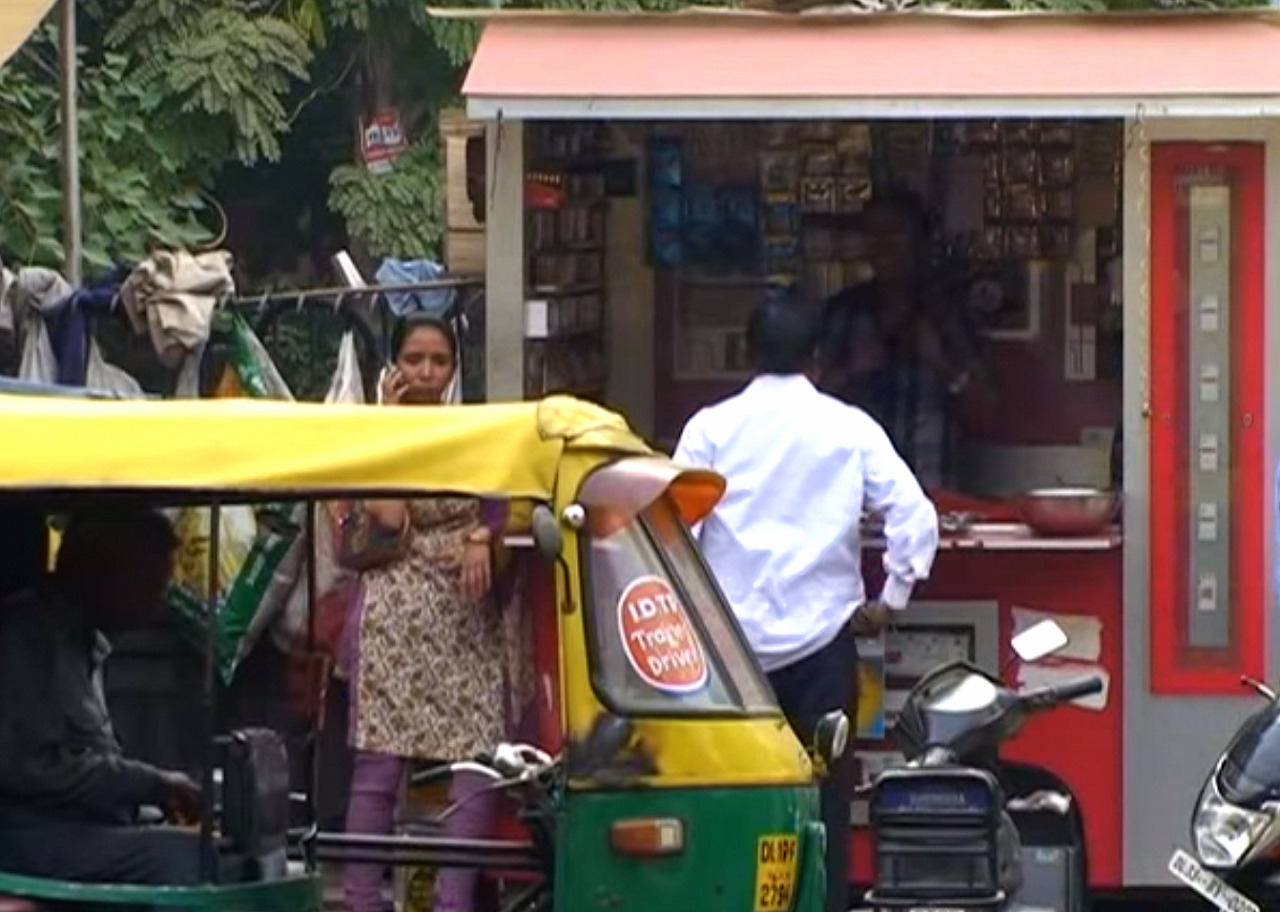
dhrupad: Mera Apna Sheher (My Own City), directed by Sameera Jain, deals with the idea of Delhi as a highly gendered urban landscape, “where the gaze, the voice and the body are at all times under surveillance”; it sets out to find, through the
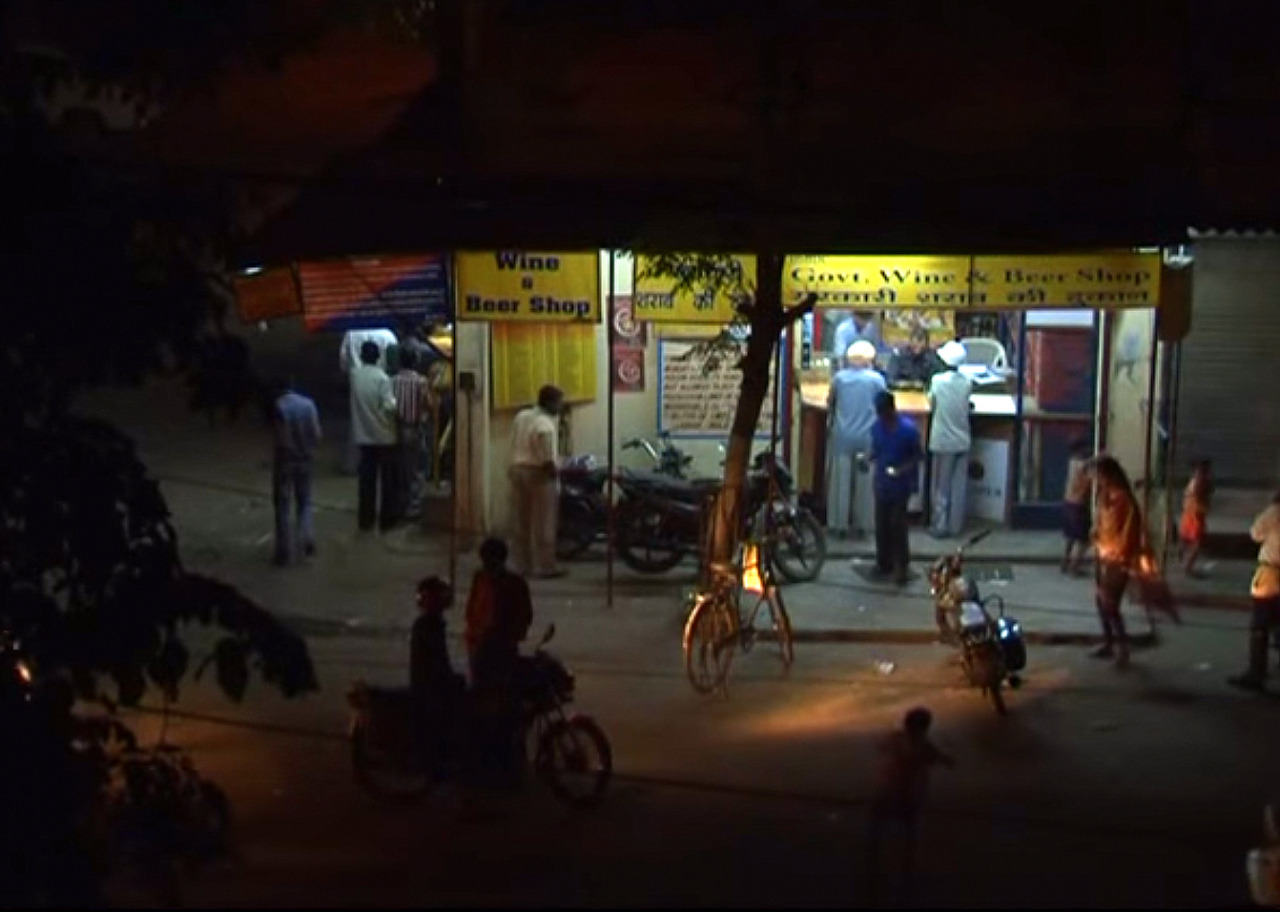
dhrupad: Mera Apna Sheher (My Own City), directed by Sameera Jain, deals with the idea of Delhi as a highly gendered urban landscape, “where the gaze, the voice and the body are at all times under surveillance”; it sets out to find, through the
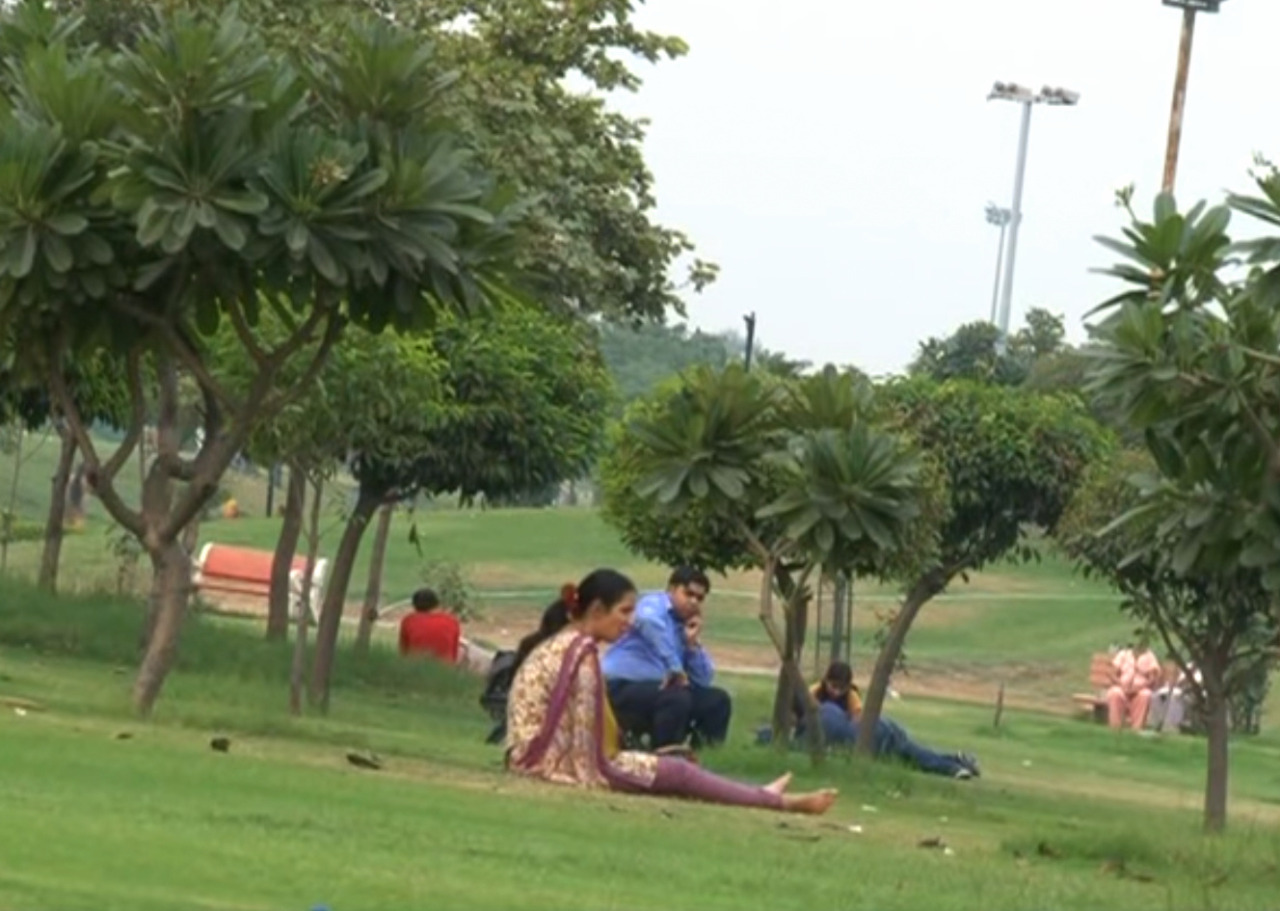
dhrupad: Mera Apna Sheher (My Own City), directed by Sameera Jain, deals with the idea of Delhi as a highly gendered urban landscape, “where the gaze, the voice and the body are at all times under surveillance”; it sets out to find, through the
